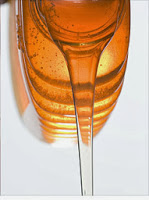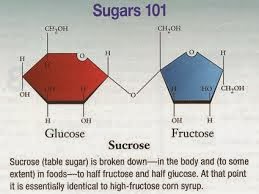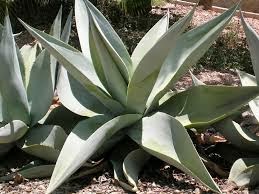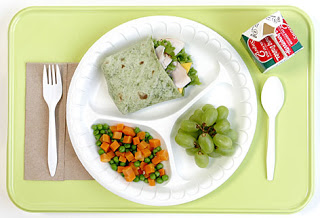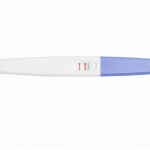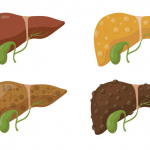There is so much information (and misinformation) out there about sugar, sweeteners, high fructose corn syrup, and so on, that it’s hard to know which way is up sometimes. …
A question that has come up frequently is whether fructose is better or worse for you than regular sugar.
A few key points:
1. Table sugar is sucrose. Each sucrose molecule is made up of one glucose and one fructose molecule.
2. High fructose corn syrup (HFCS) is not much different from table sugar.
The calorie content of table sugar and high fructose corn syrup are about the same.
3. Fructose is handled differently by the body than glucose.
Glucose causes a rise in blood sugar (when we say ‘blood sugar’, we actually mean ‘blood glucose’ – I know, confusing, right?). This causes us to release insulin to deal with the glucose – insulin allows our cells to take up glucose to use as fuel or as energy storage.
Fructose does not cause a rise in blood sugar (as it is not glucose) and does not stimulate us to release insulin. Fructose goes to the liver, where it it used to store energy in the liver in the form of glycogen, or, if there is enough glycogen in the liver already, the liver turns fructose into triglycerides (a form of fat). Triglycerides can accumulate in the liver, potentially causing damage; triglycerides in the blood stream can contribute to build up of plaque on the walls of your arteries. (Note: the science is still sorely lacking on the exact nature and extent of the effects of fructose on the liver in humans. Scientists who want to read some of the biochemical and proposed mechanistic details can start here.)
So, because the calorie content of sugar and fructose containing sweeteners are similar, you are not doing your waistline any favors by selecting fructose sweeteners. Agave syrup, which is a popular sugar substitute in the raw food community, is another example of a sweetener heavy in fructose compared to glucose (the proportion varies by brand). Agave is still calorie containing and is not going to benefit you from a weight loss perspective. I have seen sites on the internet advertising agave syrup with as much as 92% fructose – this would be of particular concern to me given that excess fructose could be damaging to the liver (as above).
Fructose is often touted as a preferred sweetener for diabetics because it does not cause blood sugar or insulin to rise. Again, because of the concerns of the effects of fructose on the liver, this is NOT a recommended approach. Also, again, fructose is still calories and will not be an improvement to a weight struggle. And, remember that ‘fructose’ sweeteners are still almost identical to table sugar in their composition (see above #2).
The bottom line is this: We get more than enough carbohydrates through a regular diet. We should avoid adding additional carbohydrate calories to our food (be that table sugar, high fructose corn syrup, agave, or other) on top of the sugars and carbohydrates we already get. Period.
PS This post is dedicated to my mom – thanks for asking the great questions! 🙂
Follow me on twitter! @drsuepedersen

